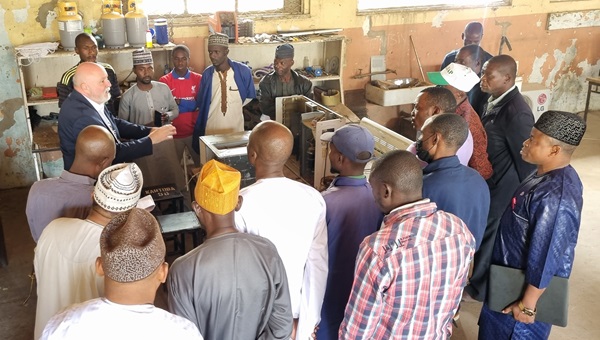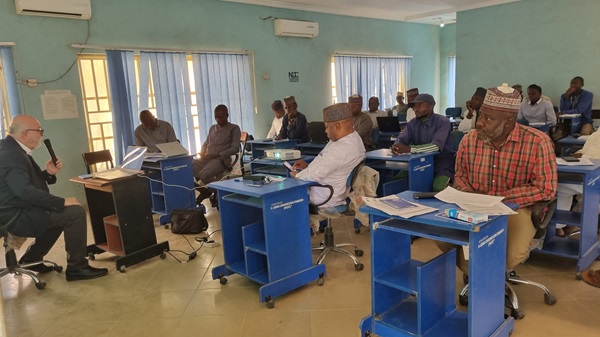
The Federal Government, through the Ministry of Environment, has commenced the training of technicians in the cooling sector on the proper end-of-life management of air conditioners (ACs) and refrigerants in Nigeria.
Speaking at a workshop organised by the National Ozone Office (NOO) in partnership with the Energy Commission of Nigeria (ECN), the United Nations Environment Programme (UNEP) and the Clean Cooling Collaborative (CCC), under the project titled “Scaling Up Energy-Efficient and Climate-Friendly Cooling in Nigeria’s NDC Revision”, Minister of Environment, Balarabe Lawal emphasised the critical role of air conditioners in human comfort.
Represented by the NOO director, Engr. Idris Abdullahi, the minister highlighted the increasing need to replace outdated ACs with more efficient models due to technological advancements. He noted, however, that disposing of old units is not merely about creating space.

“These units contain refrigerants—mostly Hydrochlorofluorocarbons (HCFCs) and Hydrofluorocarbons (HFCs)—that deplete the ozone layer. Additionally, they contain materials like oils, which can be toxic and harmful to human health and the environment if mishandled. Proper disposal of old air conditioners is therefore essential for environmental protection and public health,” he stated.
Lawal added that effective management of end-of-life equipment and e-waste offers significant environmental benefits, including ozone layer protection and climate change mitigation. “This ensures a reduction in the environmental impact of hazardous waste and contributes to maintaining a healthy environment,” he said.
The workshop, supported by ECN, UNEP, and the CCC, was designed to equip technicians with the skills to manage outdated ACs sustainably.

Head of the energy transition unit at ECN, Dr. Shehu Mustafa explained that the initiative aims to strengthen stakeholders’ capacity to mitigate the health and environmental risks of improper AC disposal. “Our collective efforts focus on accelerating the transition to energy-efficient ACs with climate-friendly refrigerants, in line with Nigeria’s revised Nationally Determined Contribution (NDC),” he said.
Assistant director and group head of electrical electronics, SON, Engr. Ismaila Lawal emphasised the importance of collaboration in implementing standards for sustainable equipment disposal. “As technology advances, we must work together to protect the environment through best practices,” he stated.
Nigeria Sustainable Cooling Project (NSCP) coordinator, Etiosa Uyigue noted that the training aligns with the National Cooling Action Plan’s (N-CAP) recommendations on sustainable AC management.
A participant, Muazu Musa, welcomed the initiative, noting that most technicians lack the training to properly dispose of obsolete equipment. He said the programme would empower participants with skills to minimise environmental harm.


